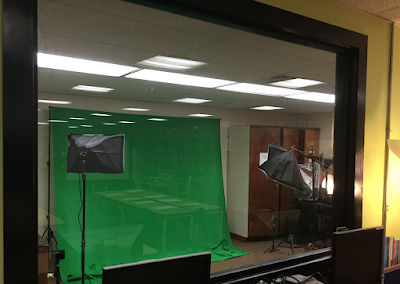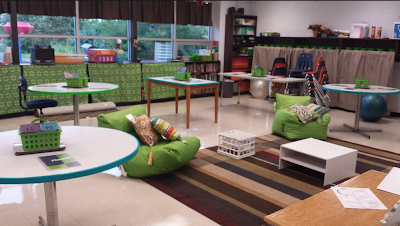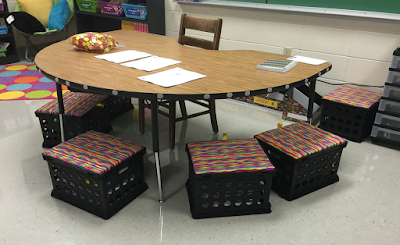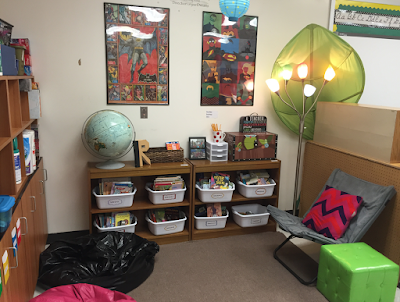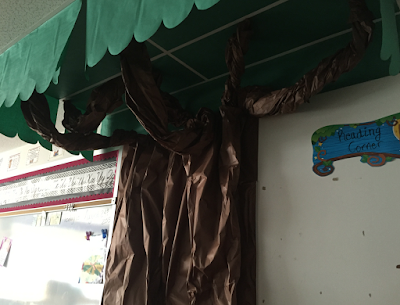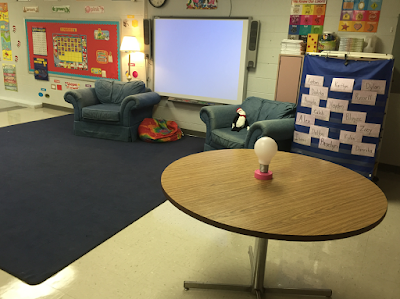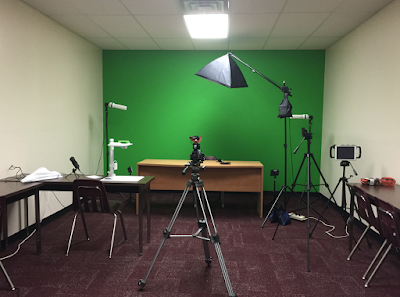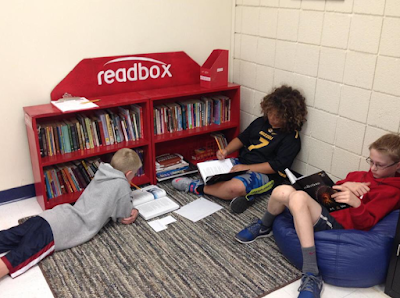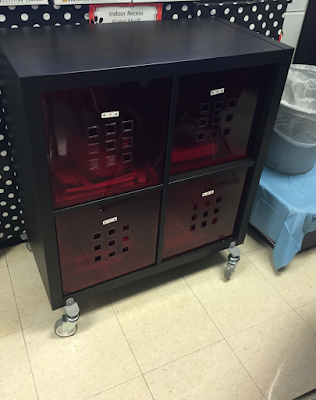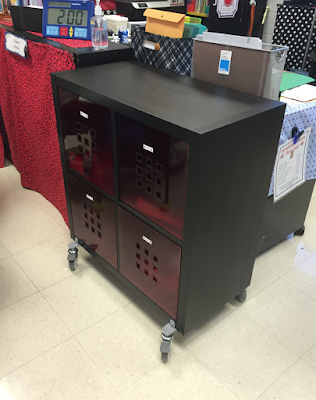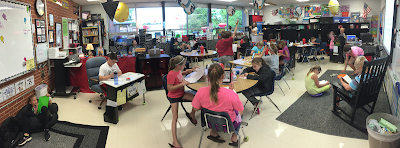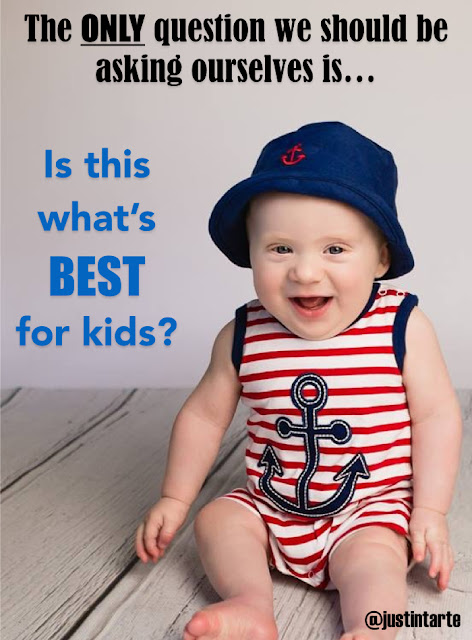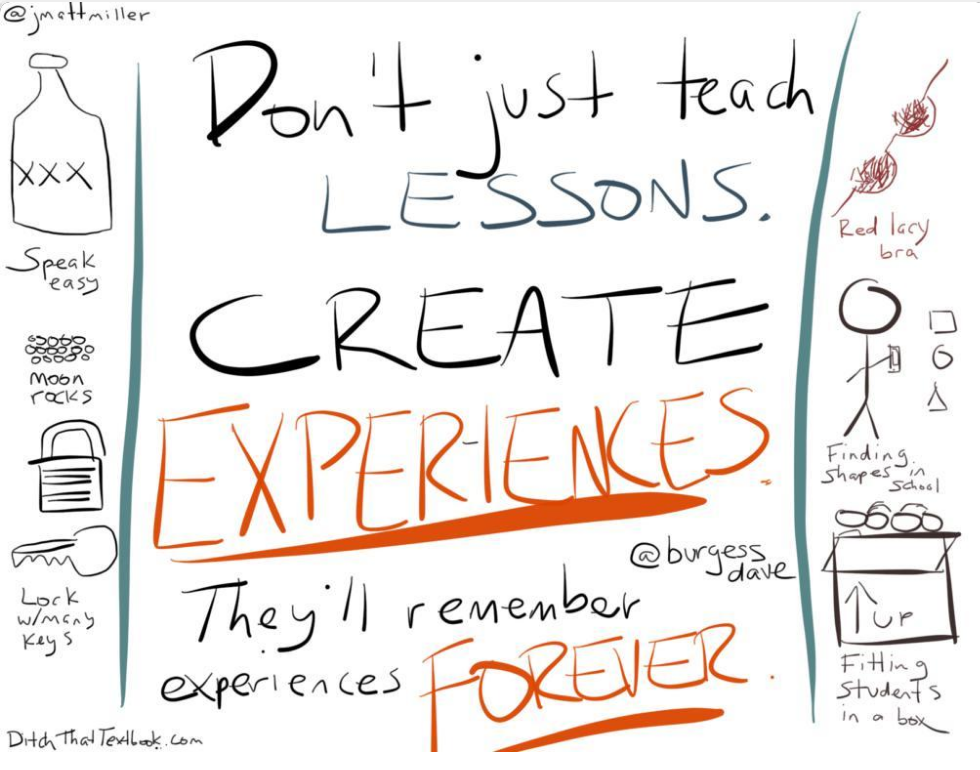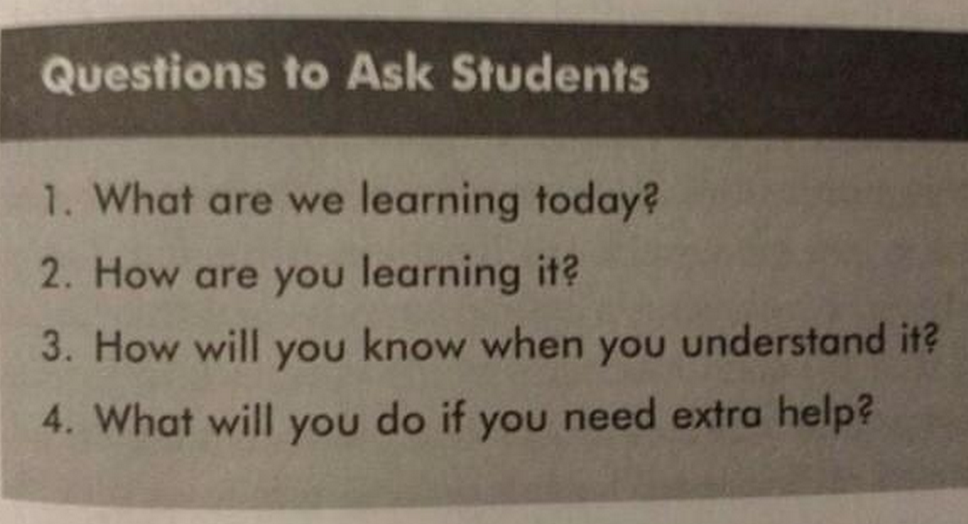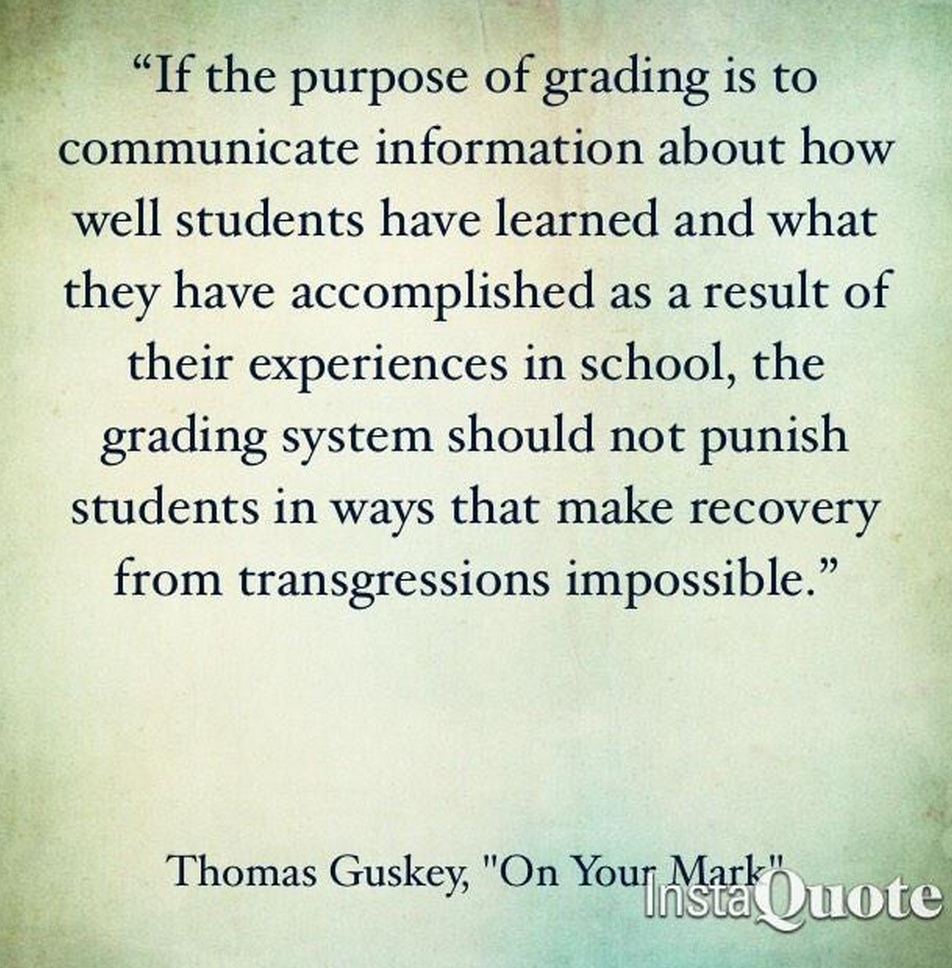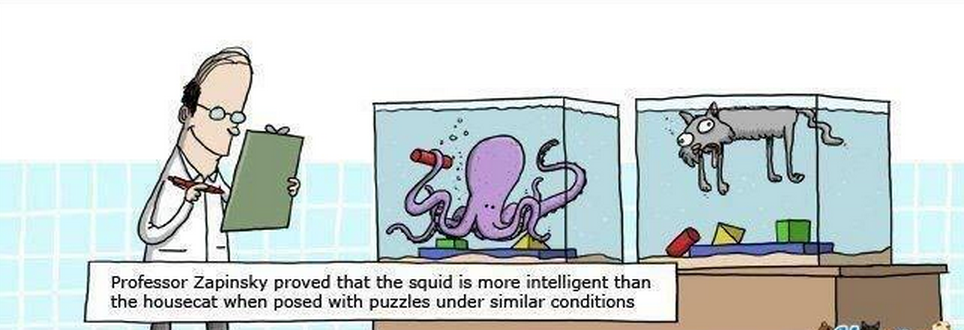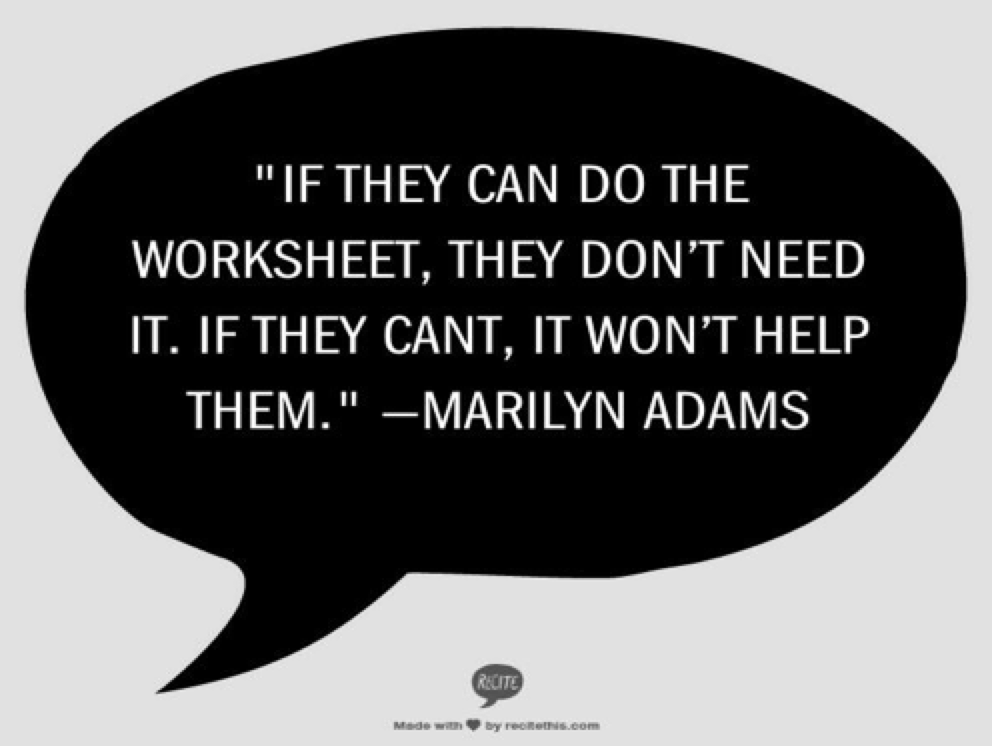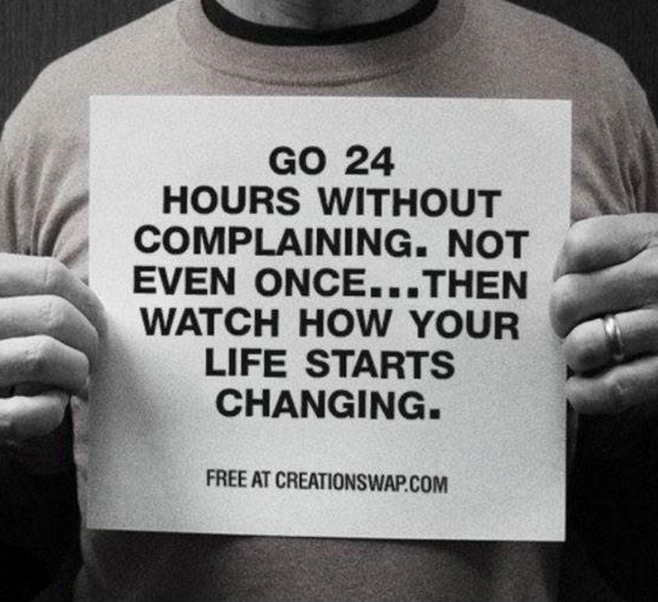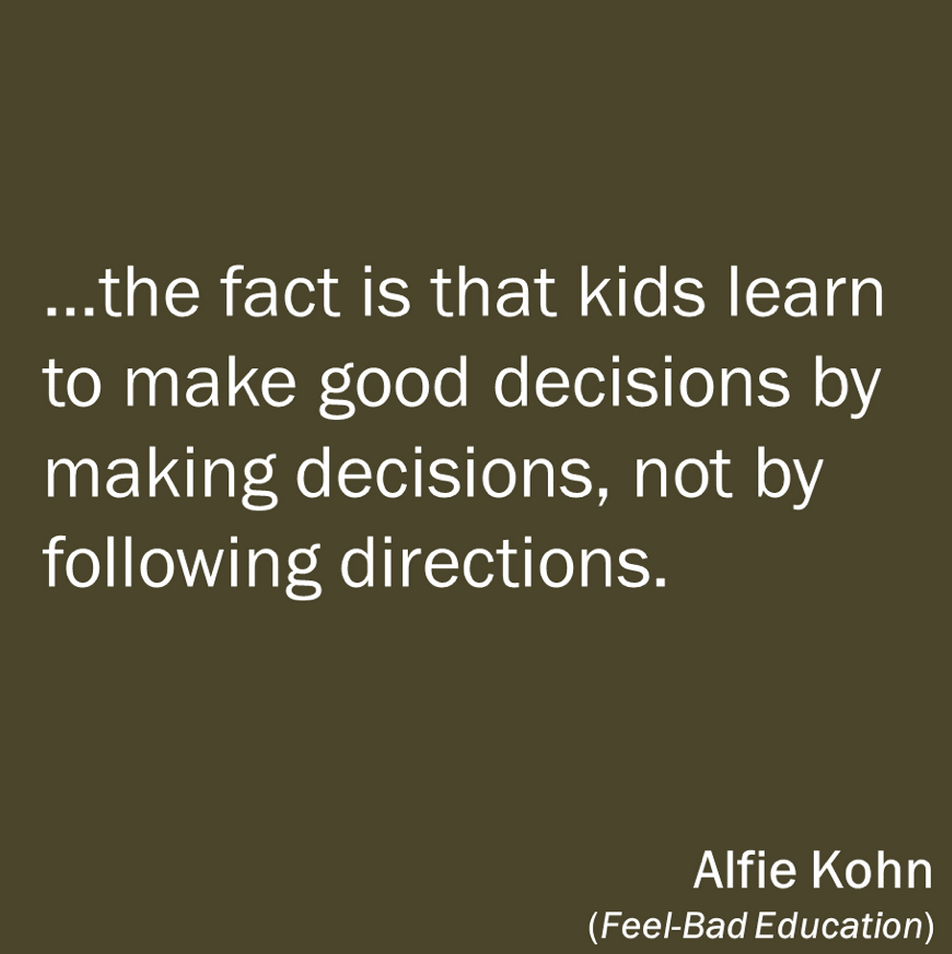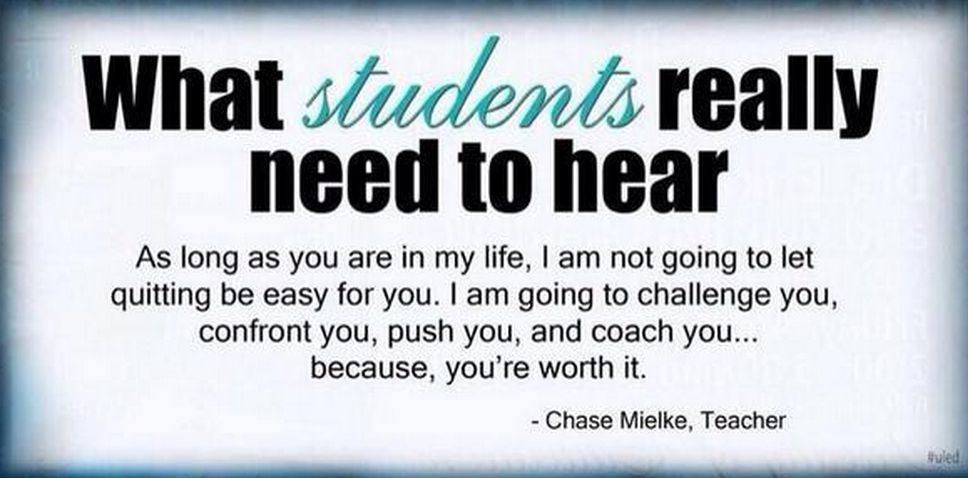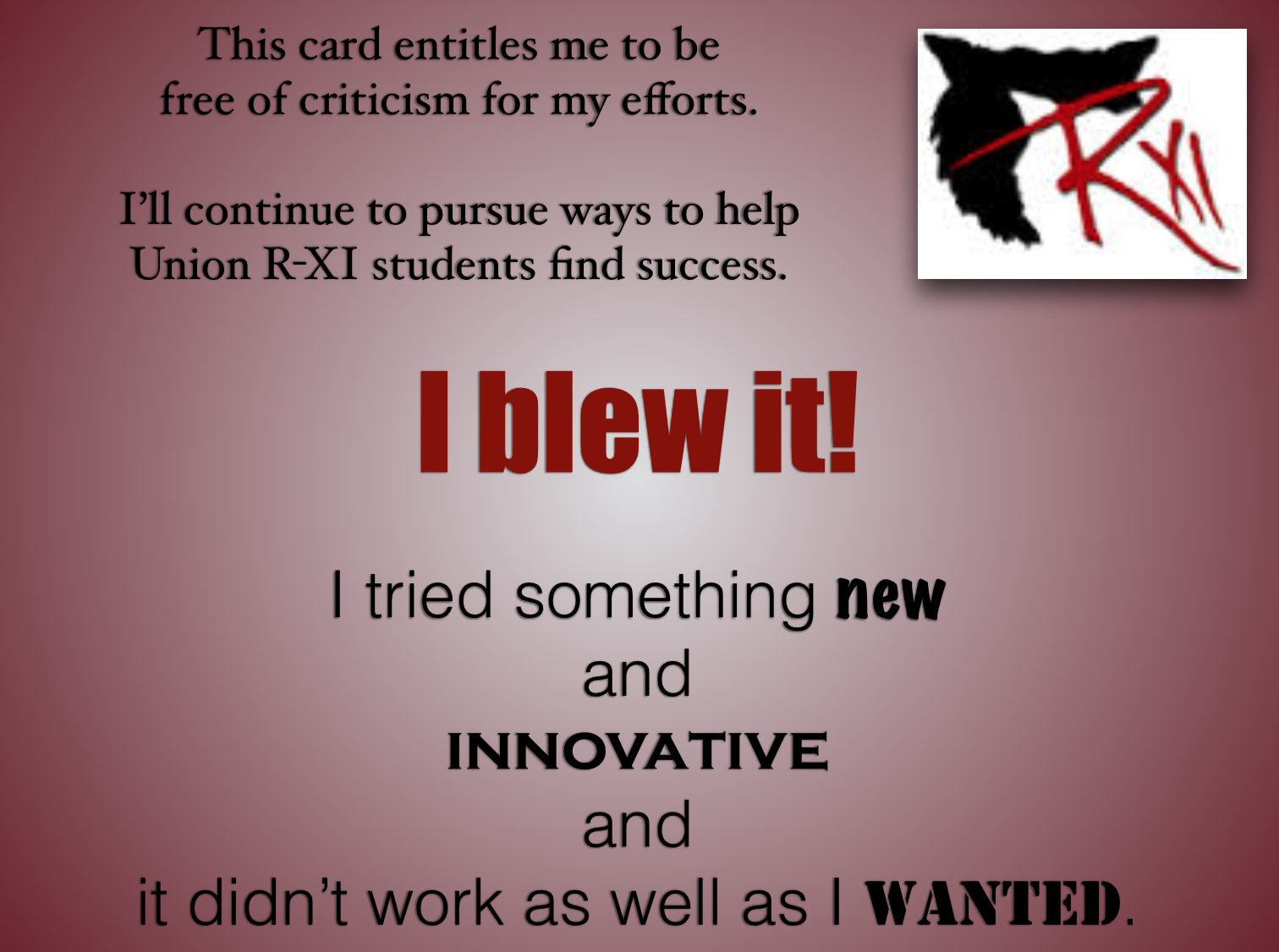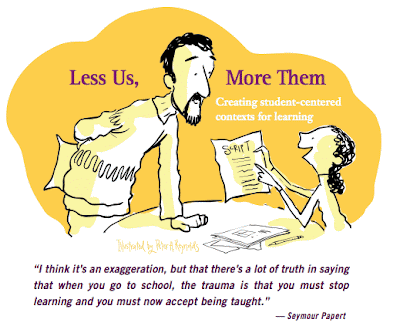As many of us start up or get ready to start up another school year, we have much to look forward to and much to be excited about. Here are 10 reasons why I believe it's a great time to be in education:
1) -
Global competition is increasing and the pool for career opportunities is becoming more fierce. As the world seems to get smaller, students are being forced to compete with an even larger pool of applicants for colleges, for jobs, and for life in general. It's my belief that through this increase in competition, both schools and students will rise to the occasion to ensure all kids are prepared to be successful regardless of what path they choose in life.
2) -
Everyone thinks they know what is best for education. Now, some would argue this is a bad thing, but the reality is, everyone and their mom (I love you mom) seem to think they are an expert in education. On the positive side, this has brought education to the forefront as of the most important and pressing issues facing society. The fact that everyone has a past education experience means education will always remain a top priority.
3) -
Technology is changing the way the world does business. Technology is enabling things to happen that were never before possible. This has huge implications for education as a whole. Education systems are no longer limited to what they can or can't do; they are limited to their creativity and their ability to think innovatively.
4) -
Students are bringing more and more knowledge and experience into the educational setting than ever before. When in history have students been able to teach the teachers and be an instrumental part to the educational process as much as they are now? This shift has continued to push the mindset that educators are no longer simply dispensers of knowledge; but rather are facilitators and instigators of self-directed learning by students. In this environment, educators can learn just as much from their students as the students can learn from them.
5) -
College education programs are getting better and better. Now, I'm not saying we can't continue to improve here, but I believe college education programs are doing a better job of preparing young teachers to be successful in an education career. This includes moving education programs away from just theory and approach to actual hands-on learning alongside mentor teachers. More college education programs are getting future teachers into classrooms earlier on and pairing them with more experienced mentors. Not perfect yet, but definitely getting better.
6) -
More and more districts are collaborating with local businesses. This is a very exciting aspect of education now. Local businesses and the overall business industry have a vested interest in seeing kids who are prepared and are ready for the work force. The more partnerships that are formed between school districts and the business industry, the better prepared our kids will be upon entering the job market.
7) -
We are learning that money is not the single determining factor for student success. It's easy to believe and often misleading when people say that money is the most important factor when determining overall student success. First off, we need to discuss what 'student success' means, but secondly, there are countless examples of schools and districts that are finding success who would not be characterized as 'wealthy' schools or districts. Of course, money does help, but don't assume if you don't have money you can't find success. Success may not be easy to find, but I assure you it comes in more forms than just the green type.
8) -
Schools are once again becoming the center and hub of the community. Too often there is a disconnect between the schools and the community in which they serve. This is slowly but surely changing. Our schools in our districts are becoming centralized hubs of not only student learning, but also learning for parents and people within the community. If schools aren't there to serve the community, then how could we ever say we are truly serving our students?
9) -
Innovation and creativity are all around us. Keep your eyes and ears open because there are a lot of great things happening in education. As schools and districts continue to do a better job of telling their stories, the positives of education are becoming more and more prevalent. What once was a story dominated by all the negatives, is slowly shifting toward a story that emphasizes the positives and the opportunities around us.
10) -
Every single day educators get to impact, influence, encourage, support, guide and help students become the best they can be. If this doesn't make you feel that it's a great time to be in education, then perhaps it's best you make room for someone who does...

